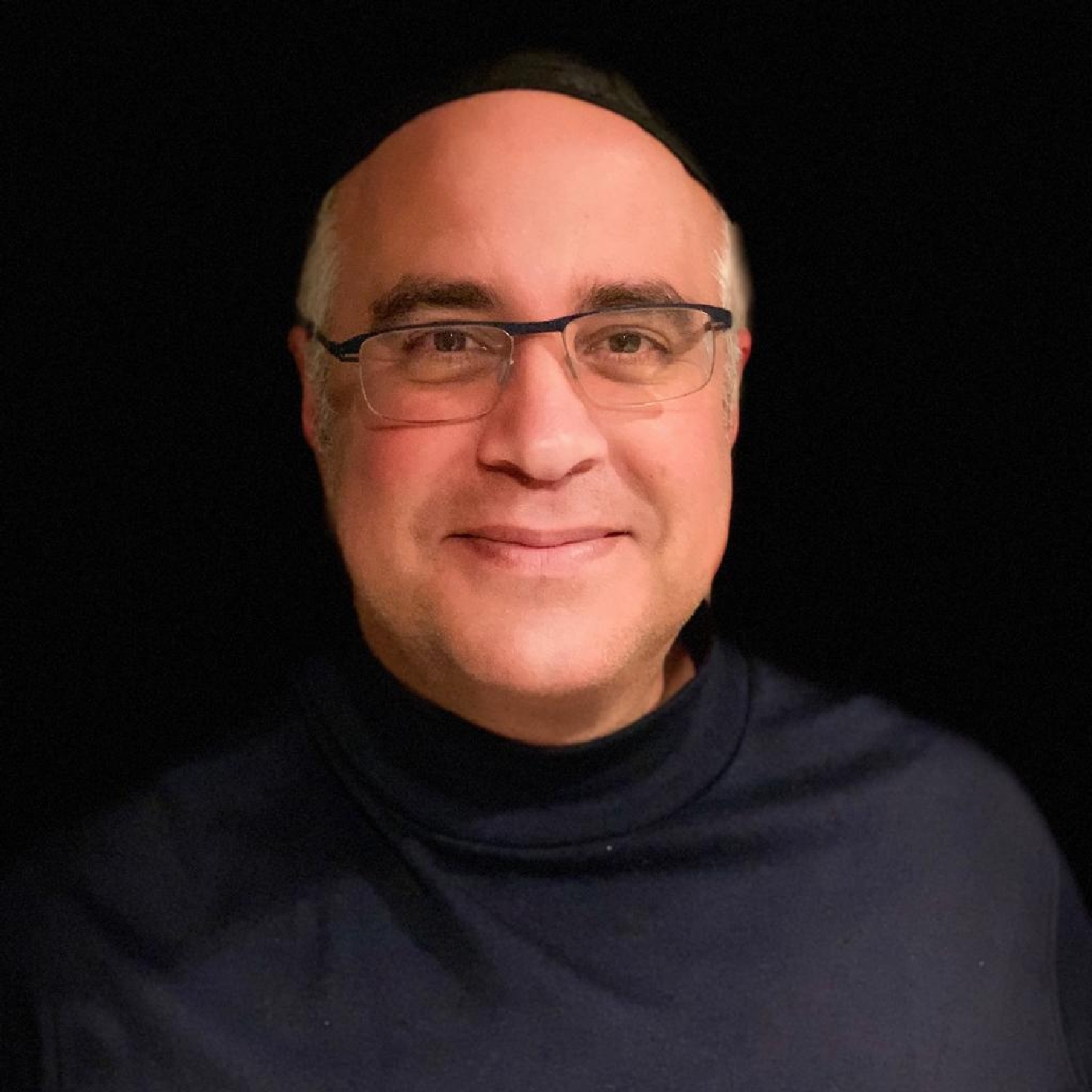Parsha with Rabbi David Bibi
Simplifying the Sod


Divine Orchestration and Midah keneged Midah - Mishpatim
Episode Description
The Garbage Truck Miracle – R’ Paysach Krohn - As retold ED
In my neighborhood of Kew Gardens, New York, there was a terrible snowstorm just before Purim. The roads were blocked, sanitation services weren’t running, and for days, the garbage wasn’t picked up.
A few nights after Purim, at 2:00 in the morning, Rabbi Kalman Epstein—a brilliant Torah scholar—was awake learning when he suddenly heard the sound of a garbage truck outside. Seeing his kitchen filled with black garbage bags, he grabbed them and ran outside.
As he handed the bags to one of the sanitation workers, the man looked at him and asked, “Excuse me, sir, are you a rabbi?”
Rabbi Epstein was taken aback. That was the last thing he expected from a sanitation worker at 2:00 in the morning.
“Yes, I am,” he answered.
“Rabbi, can I ask you a question?”
Rabbi Epstein nodded, curious about what was coming next.
The man sighed deeply. “My mother passed away a few hours ago. She wasn’t religious, and neither are my siblings. They want to cremate her. But I know she wouldn’t have wanted that. She wasn’t observant, but she always lit Shabbat candles. We didn’t always keep kosher, we didn’t always keep Shabbat, but I know she would have wanted a Jewish burial.”
His voice broke. “Rabbi, what should I do? I haven’t even told my siblings yet.”
Rabbi Epstein, wise and quick-thinking, said, “Listen to me carefully. It’s 2:00 in the morning. At 9:00 AM, call a Jewish funeral home. Tell them your mother passed away and arrange for the burial. Once everything is in place, call your siblings and tell them, ‘Mom passed away, and the funeral is set for 2:00 PM this afternoon.’ If everything is already arranged, they won’t argue.”
The man followed his advice.
Later that day, at 1:00 PM, he called Rabbi Epstein. “Rabbi, you’re a genius! I did exactly what you said. I called the funeral home, arranged everything, and then told my siblings. They didn’t resist—they just showed up at 2:00 for the funeral. Thank you so much.”
Rabbi Epstein said, “I’m happy it worked out.”
But the man hesitated. “Rabbi… I have to ask you for one more favor. You’re the only rabbi I know. Would you come and say a few words at my mother’s funeral?”
Rabbi Epstein had never met this woman. He hadn’t even known of her existence until the night before. But he was a tzaddik, so he agreed.
“People Reap in Death What They Sow in Life”
At the funeral, Rabbi Epstein spoke with deep emotion.
“People reap in death what they sow in life. This woman, though not fully observant, had a connection to Hashem. She lit Shabbat candles. That small act was her bridge to Judaism. And so, Hashem ensured that she merited a proper Jewish burial.”
Afterward, Rabbi Epstein went home. The burial took place elsewhere. That was the end of it—or so he thought.
The next day, he had to be in Lakewood. The man, Theodore, lived far out in Suffolk County—160 miles from where Rabbi Epstein was. Despite the distance, Rabbi Epstein made the long journey just to visit him and offer comfort.
He tried to follow up with him afterward, but Theodore never returned his calls. Then, two weeks later, Rabbi Epstein once again heard the garbage truck outside in the middle of the night.
He ran outside and asked the workers, “Is Theodore here today?”
They looked at him, confused. “Who’s Theodore?”
“What do you mean? He was here two weeks ago, at 2:00 AM.”
One of the workers replied, “Rabbi, Theodore never works here. He’s based in Suffolk County—80 miles from here. That night was the only time he ever worked in the city. We were short-staffed because of the snowstorm, so they sent in extra hands. But he’s never been here before.”
Rabbi Epstein was stunned.
The entire sequence of events—the timing, the snowstorm, the uncollected garbage, the extra shift—was all orchestrated by Hashem so that this woman would receive the burial she deserved.
Midah K’neged Midah—A Connection Through Fire
I loved this story. The hashgacha pratis, the divine orchestration, was breathtaking.
That summer, I shared it at Camp Monk, where my rebbe, Rabbi David Cohen, was in attendance.
Afterward, Rabbi Cohen approached me. “Paysach,” he said, “this story is much deeper than just hashgacha pratis. Think about it—what’s the essence of the story?”
I thought for a moment. “It’s about Hashem guiding events to give her a proper Jewish burial,” I said.
Rabbi Cohen shook his head. “It’s much more than that. Tell me—how did this woman connect to Hashem?”
“Through lighting Shabbat candles.”
He nodded. “Exactly. She made a connection to Hashem through fire. And in return, Hashem made sure that the fire of cremation did not harm her. Midah k’neged midah.”
I got chills when he said that. Even now, as I retell this story, I feel it again.
Hashem repays every act, every mitzvah, measure for measure. A woman who lit candles to bring the holiness of Shabbat into her home was spared from the flames of destruction.
That is Hashem’s justice. That is His love.
And that is the power of one small mitzvah.
Join Our Newsletter
Stay updated with new episodes, exclusive content, and special announcements.
We respect your privacy. Unsubscribe at any time.